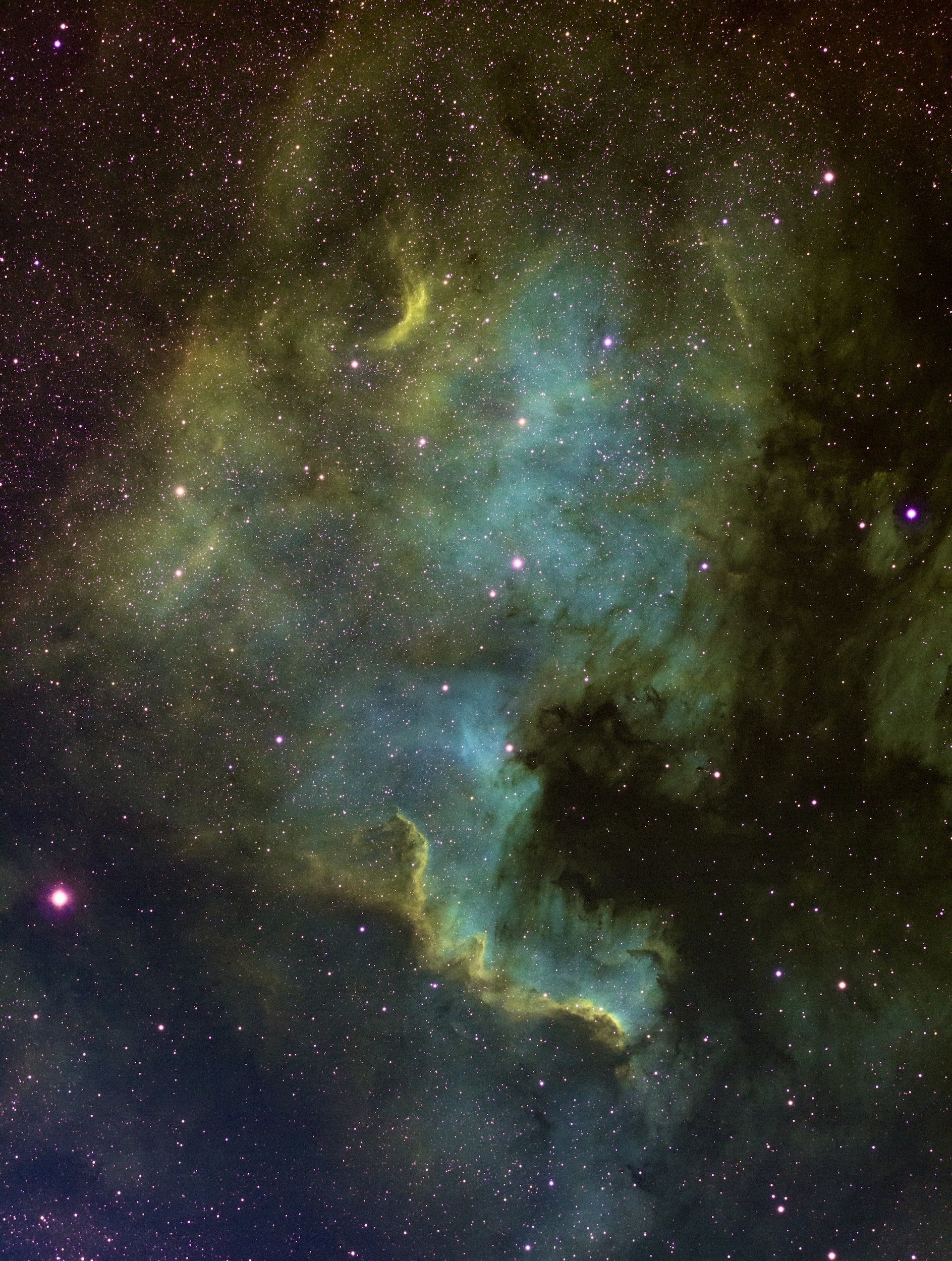
Martin Rees
Lord Rees of Ludlow OM FRS
*
Astronomer Royal
Co-founder of Centre for the Study of Existential Risk
Emer. Prof. of Cosmology & Astrophysics, Cambridge
Fellow and 38th Master of Trinity College, Cambridge
Author of ‘If Science is to Save Us’ and 10 other books
60th President of the Royal Society
Existential Risks & Prospects for Humanity
Of the 45 million centuries of the Earth’s history, this one is very special. It is the first century that one species – us – hold the future of the planet in our hands. Humanity has reached a critical moment. Our world is unsettled and rapidly changing, and we face existential risks over the next century. The future of humanity is bound to the future of science and hinges on how successfully we harness technological advances to address our challenges. As a thought-leader on the topic, Martin explores these existential risks — ranging from asteroid impacts and solar flares, to supervolcanoes and natural pandemics, to anthropogenic climate change and biodiversity loss, to ‘error and terror’ dimensions of nuclear, biotechnology and AI — and the potential utopian and dystopian futures for humanity.
TED: Martin Rees - Can we prevent the end of the world?

Astronomy
As a leading cosmologist and astrophysicist, Martin’s contributions have led to significant advances in domains ranging from galaxy formation to cosmic jets, black holes, gamma ray bursts as well as speculative aspects of cosmology - in particular, whether we live in a multiverse - and the prospect of detecting extraterrestrial life.
Closer To Truth: Martin Rees - How Vast is the Cosmos?


